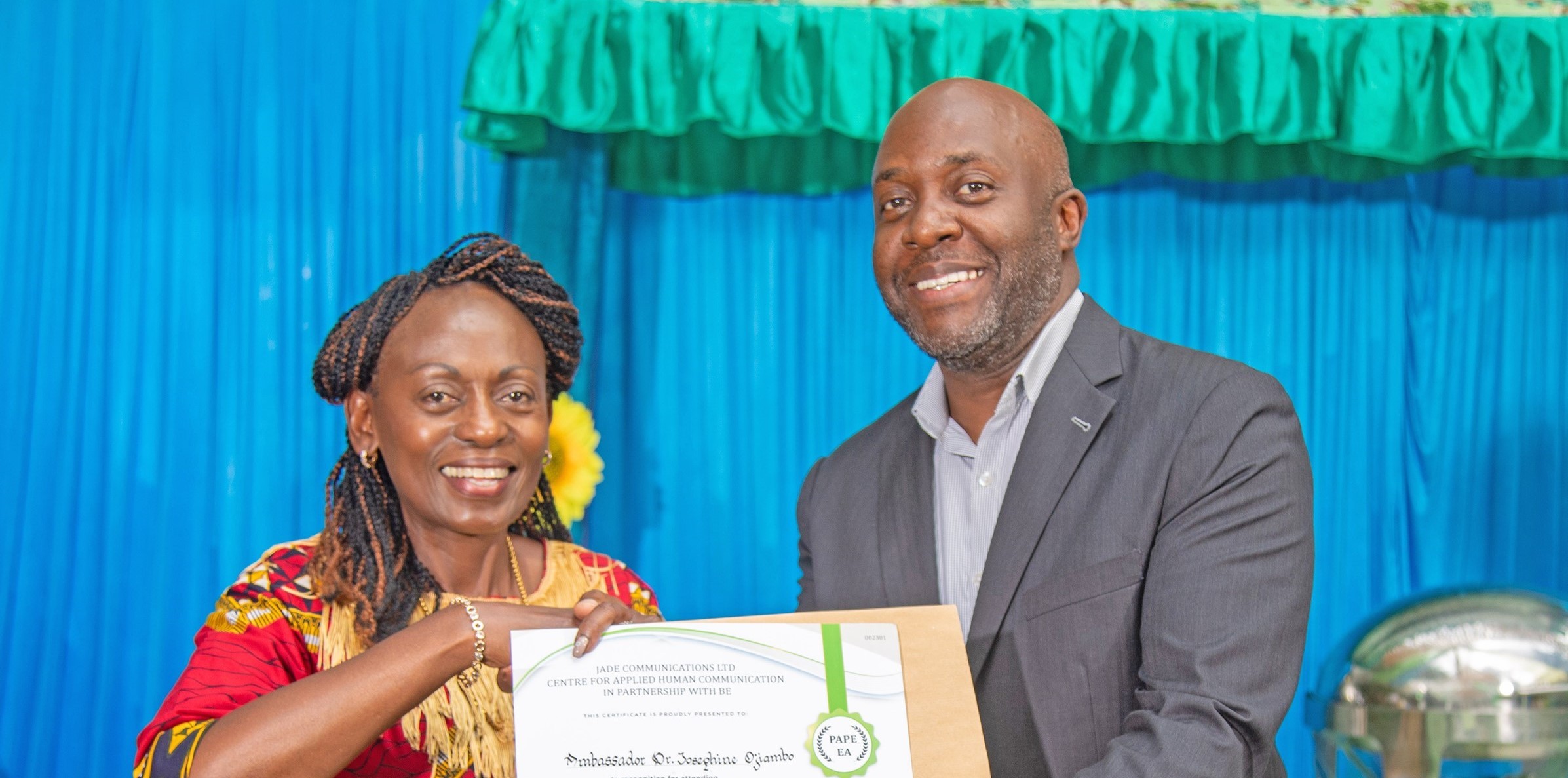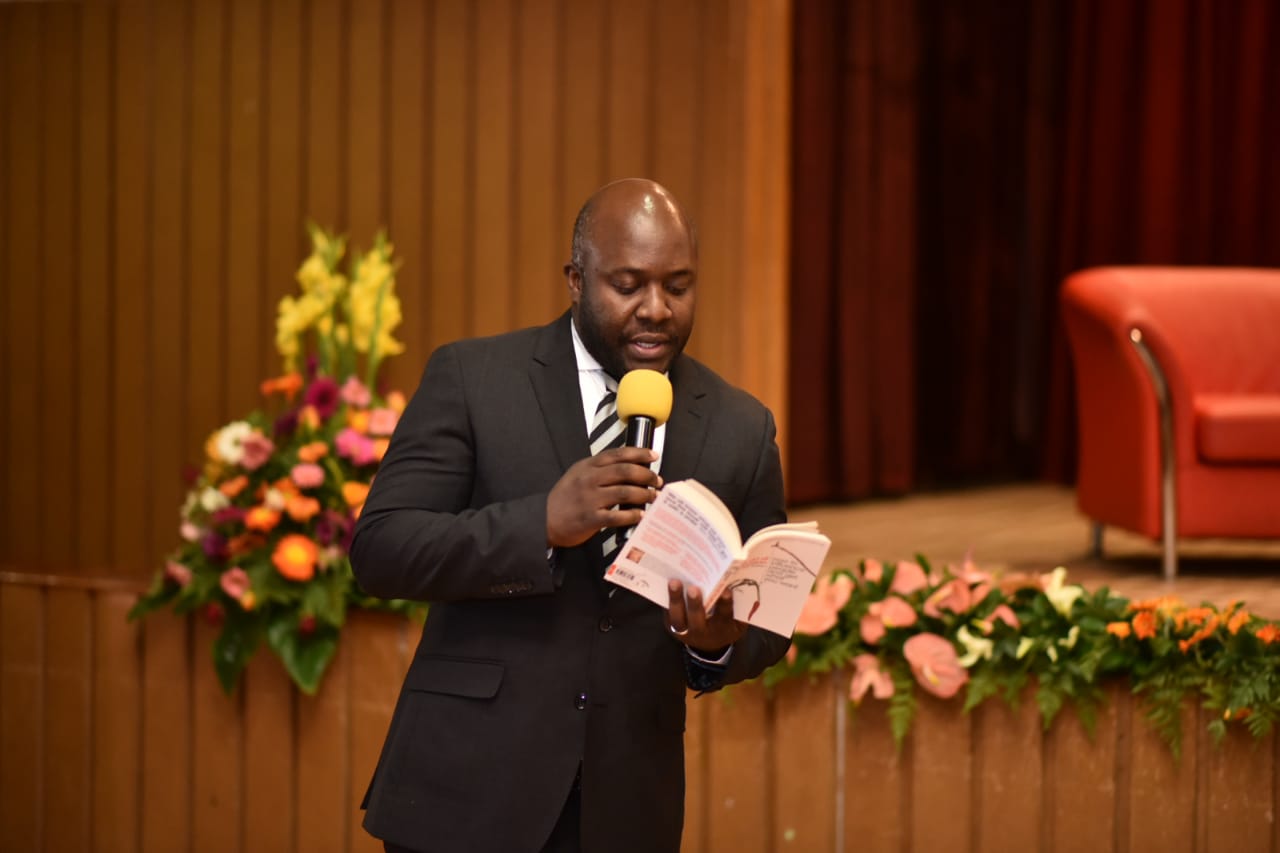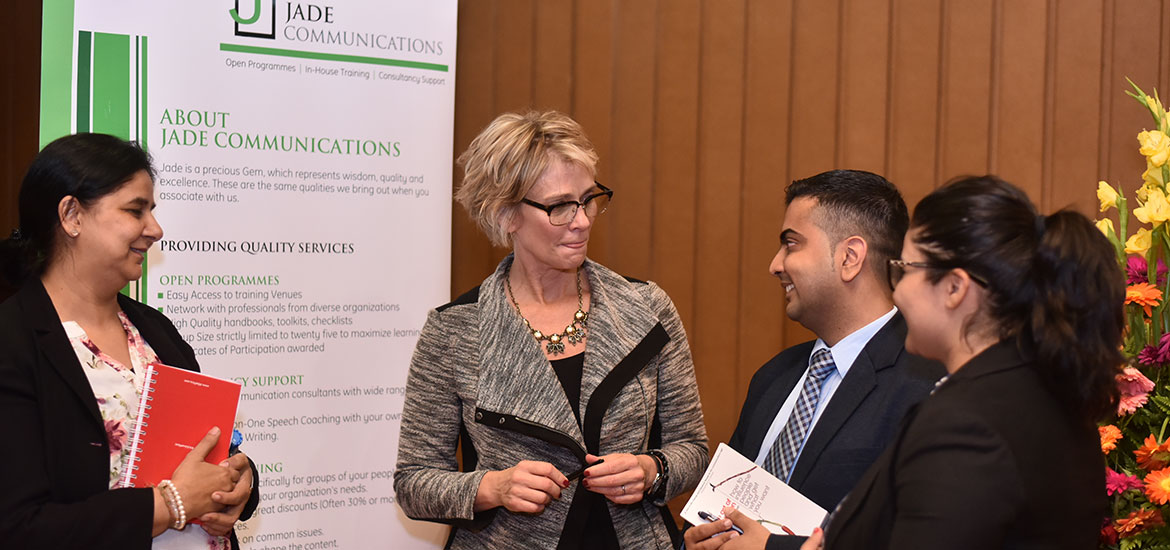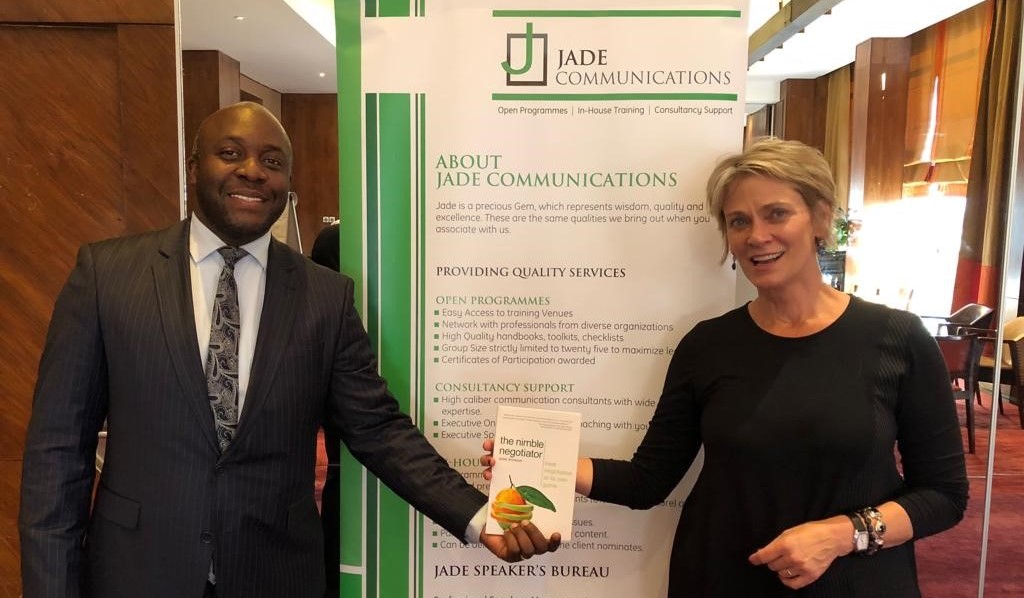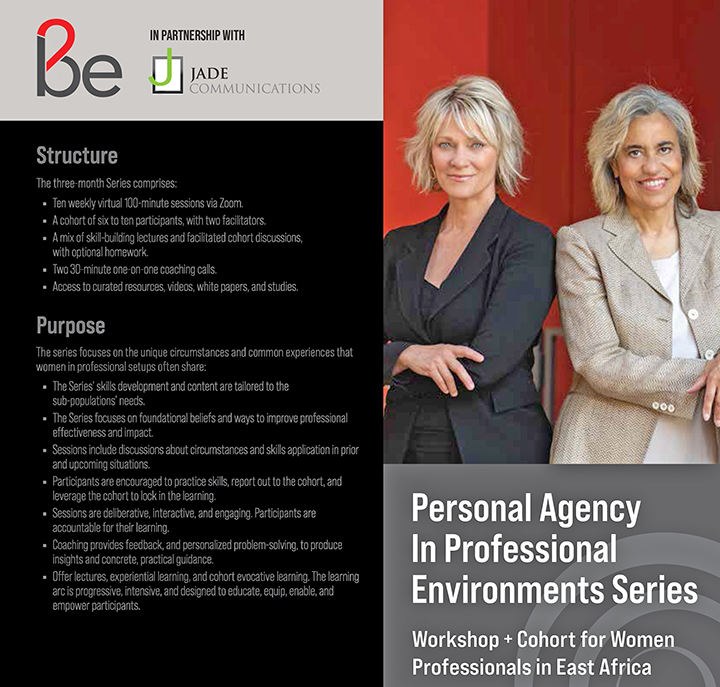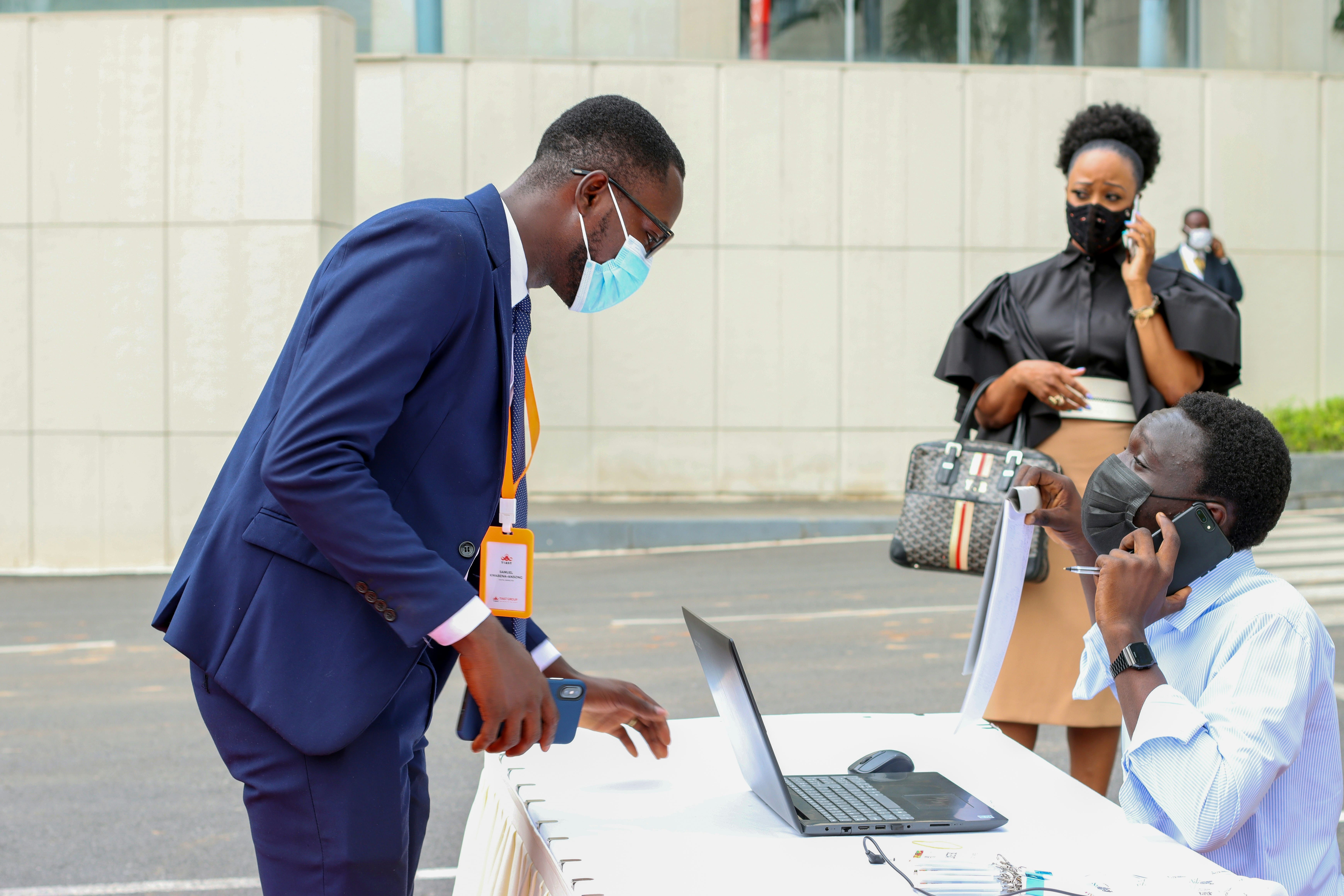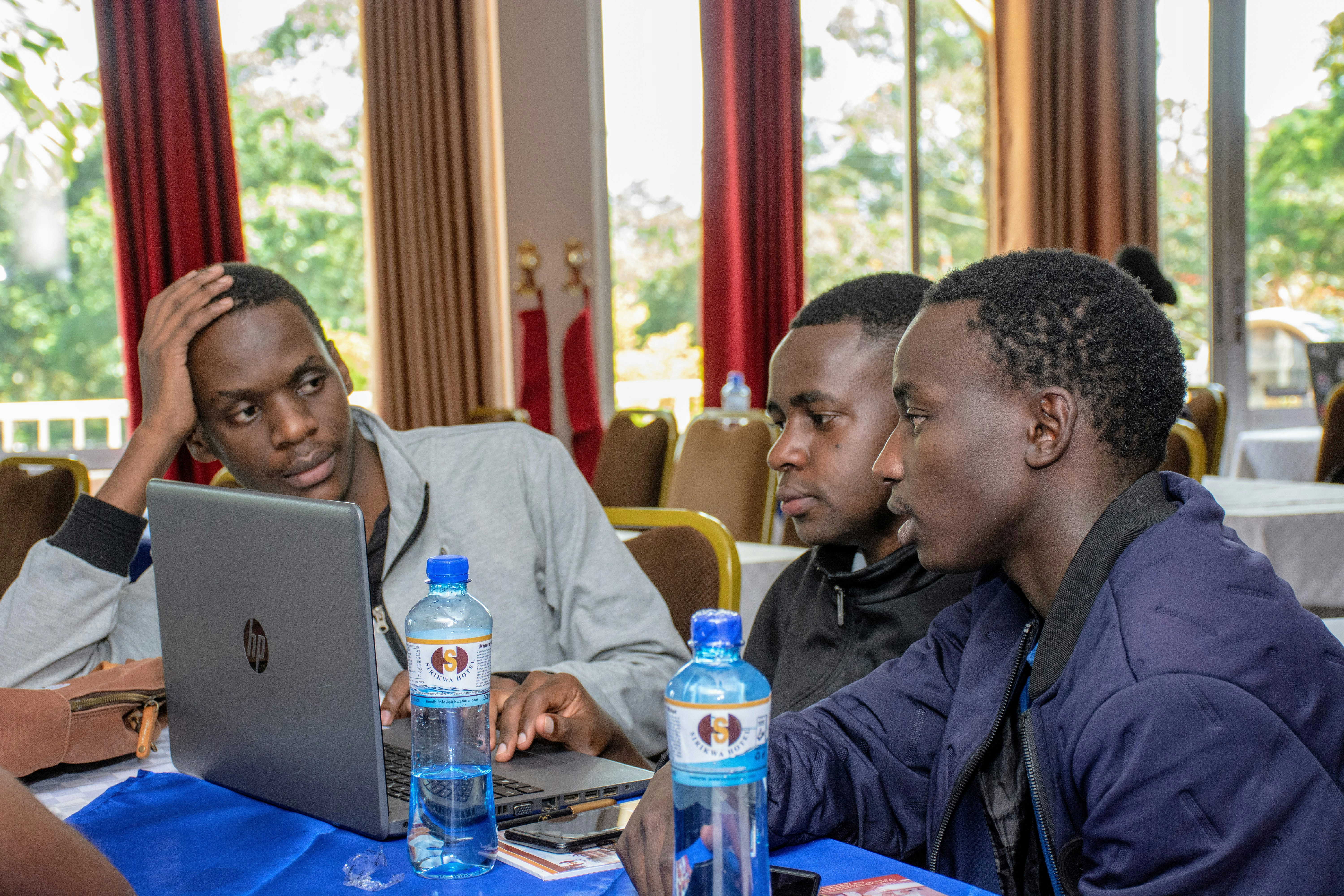About Us
We are an applied human communication resource centre that works with individuals and organisations to help them understand communication theory, principles and techniques and how to apply them correctly in their environments to achieve their goals and objectives.
Our Programmes
Explore our range of programmes designed to enhance your communication skills and professional growth.
Executive Coaching
Personalized coaching for executives to enhance leadership and communication abilities.
Learn MoreConsultancy Support
Expert consultancy services to support organisational strategic communications.
Learn MoreWhich Jade training or coaching solution is right for you?
We offer open-enrolment communication training programmes at our Nairobi headquarters. Best suited for individuals who want to continue their professional development in a one or two-day intensive communication programme.
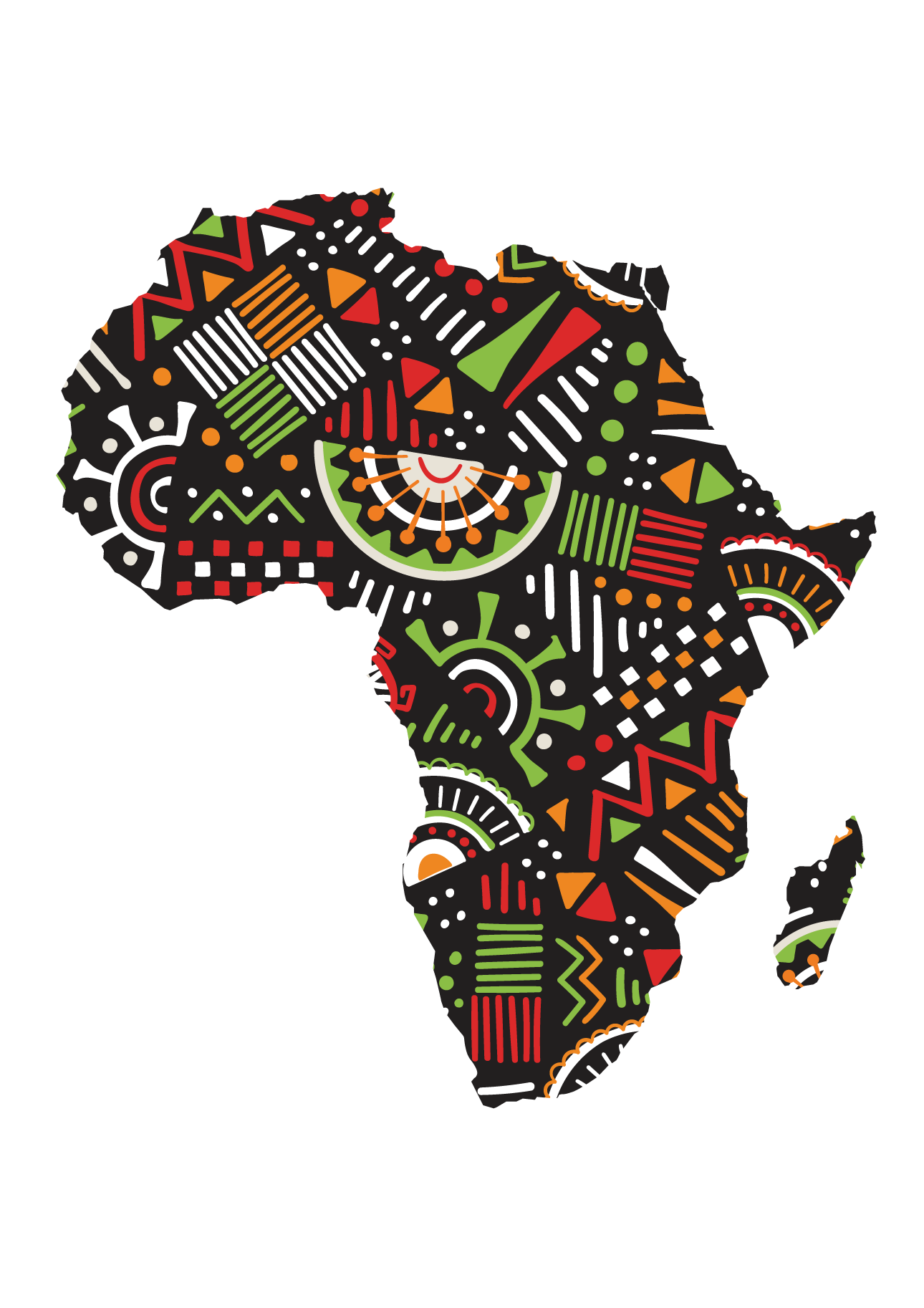
Why Choose Us
- check_circle Since 2004, we’ve delivered practical, innovative training programmes, coaching, and consultancy services to a wide range of individuals and organisations across the private, public, and non-governmental sectors.
- check_circle We have established a reputation for offering high-quality content and rich training solutions, as evidenced by our repeat clientele and referrals.
- check_circle Our high calibre and professionally certified consultants combine their experience and a pragmatic approach to develop practical solutions that are responsive to real human communication challenges.
- check_circle We customise and adjust content and training methods to suit your organisational culture and preferences.
- check_circle We have developed insightful learning resources that offer practical guidance, not just theories.
- check_circle Our team offers professional help, advice and support to ensure the success of our clients.
- check_circle We offer you quality services at minimal overheads, which translate into savings for you.

